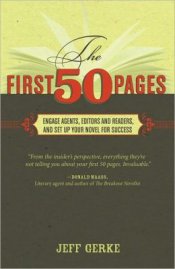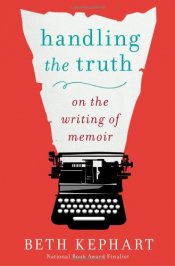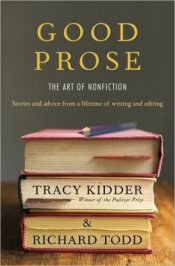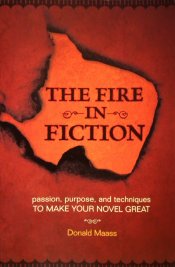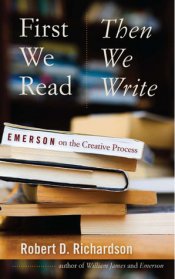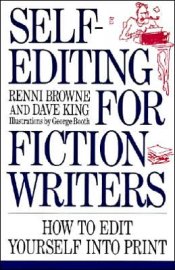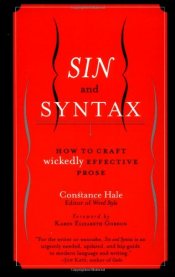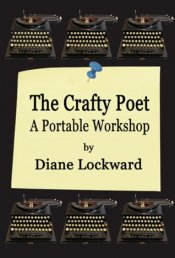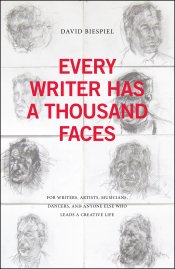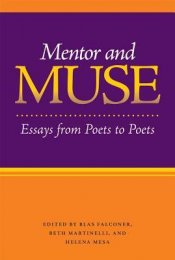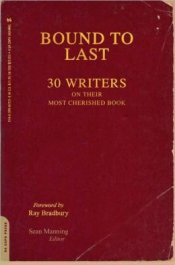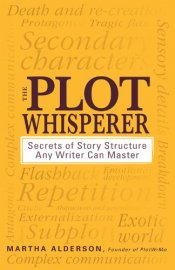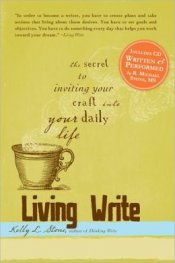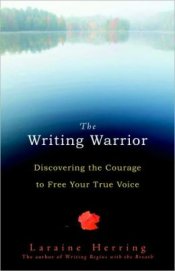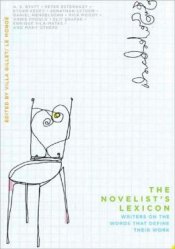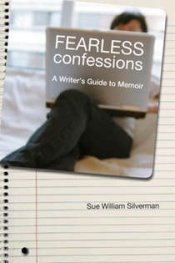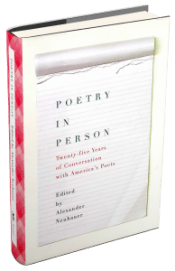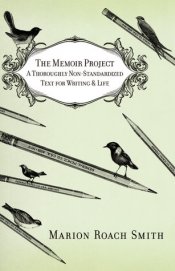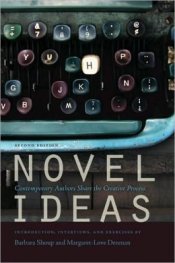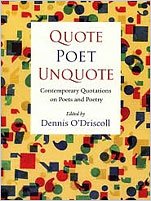Rules for the Dance: A Handbook for Writing and Reading Metrical Verse
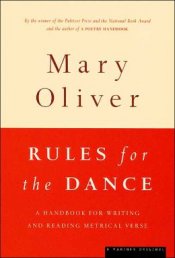
"True ease in writing comes from art, not chance, / As those move easiest who have learn'd to dance," wrote Alexander Pope. "The dance," in the case of Oliver's brief and luminous book, refers to the interwoven pleasures of sound and sense to be found in some of the most celebrated and beautiful poems in the English language, from Shakespeare to Edna St. Vincent Millay to Robert Frost. With a poet's ear and a poet's grace of expression, Oliver shows what makes a metrical poem work, and enables readers, as only she can, to "enter the thudding deeps and the rippling shallows of sound-pleasure and rhythm-pleasure that intensify both the poem's narrative and its ideas."






